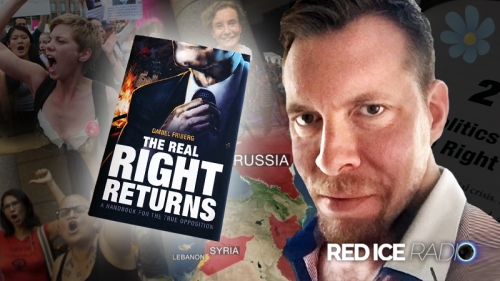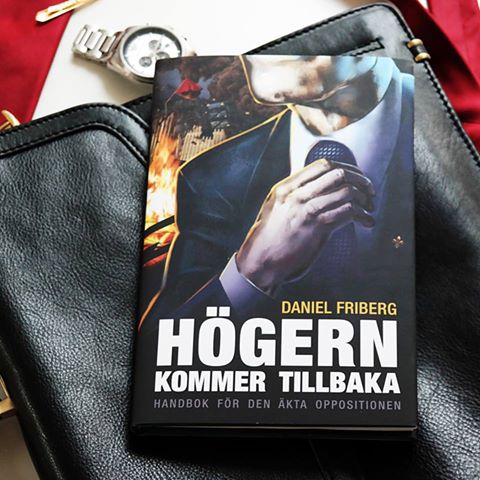La petite planète Terre vient d’enregistrer une brutale dégradation géopolitique qui ne manque pas d’inquiéter sur la suite des événements. Les astrologues diraient volontiers qu’une mauvaise conjonction astrale donne à l’actualité une apparence et une atmosphère très négatives. Jusqu’où ira cette dangereuse pente glissante?
Poutine arme l’Iran contre la Turquie
Lors de son discours sur l’état de la fédération, Poutine a tenu des propos extrêmement menaçant vis-à-vis de la Turquie, qui démentent la perception angélique dominante en France sur la situation. Poutine a répété son accusation sur l’enrichissement personnel dont les dirigeants turcs profiteraient en vendant le pétrole de Daesh. A propos de la destruction d’un Sukhoï 24 par la chasse turque il y a une dizaine de jours, Poutine a en outre déclaré:
Seul Allah sait pourquoi ils ont fait ça. (…) Probablement Allah a-t-il décidé de punir la clique au pouvoir en Turquie en la privant de son bon sens et de sa raison. (…) Si certains imaginent que l’on peut commettre des crimes de guerre, tuer notre peuple et partir quitte, en subissant seulement un blocus sur les importations de tomates, ou quelques restrictions sur des projets de construction ou d’autres industries, ils vont être déçus. (…)
Du coup, la Russie a décidé d’équiper l’Iran de son système S-300 de lutte anti-missiles, une protection qui annihile les effets d’une menace nucléaire venant… de Turquie ou d’Israël. C’est évidemment une décision qui déstabilise le précaire équilibre au Moyen-Orient, et qui pourrait précipiter Israël dans une coalition avec la Turquie contre la Russie.
Les Turcs ne s’y sont pas trompés. Ils se sont empressés de présenter leurs condoléances aux familles après la mort des pilotes qu’ils ont abattus.
Déni de l’Allemagne sur la stratégie saoudienne
Le gouvernement allemand a officiellement désavoué une note confidentielle des services secrets (envoyée à quelques journalistes) mettant en garde contre la politique étrangère du roi d’Arabie Saoudite. La note, d’une page et demie, affirme que le roi Salman cherche à se construire une réputation de leader du monde arabe par une politique d’intervention militaire contre l’Iran, qui est porteuse de forts risques de conflits.
Le gouvernement Merkel a affirmé publiquement que cette note était un tissu de fadaises et que le régime saoudien était exemplaire.
Même en Allemagne, le déni devient une religion d’Etat quand l’odeur sulfureuse de l’argent du Golfe embaume les allées du pouvoir!
Le dangereux krach financier en Europe
A l’issue des décisions de politique monétaire communiquées hier par Mario Draghi, les marchés européens se sont effondrés. Le CAC 40 a gentiment perdu 3,5% en une journée, ce qui s’appelle couramment un krach boursier. Pourtant, Draghi a renforcé l’intervention de la BCE sur les marchés pour relancer l’inflation. Mais les annonces ont déçu: les marchés voulaient une augmentation des volumes d’intervention sur les marchés, et ils ne l’ont pas obtenue.
On voit bien le terrible chantage financier auquel la BCE est soumise aujourd’hui: soit elle accélère la perfusion financière en faveur des banques, soit les investisseurs votent avec leurs pieds en retirant leurs avoirs.
Fracture entre l’Europe et les Etats-Unis
L’effondrement des marchés s’explique aussi par l’annonce de Janet Yellen, présidente de la FED, d’un prochain relèvement des taux.
« Janet Yellen a expliqué que plus les taux tarderont à remonter, plus les effets risquent d’être brutaux. Cela laisse donc peu de doutes sur ses intentions à court terme ».
Au moment où l’Europe maintient sa politique d’assouplissement quantitatif, les Etats-Unis annoncent donc interrompre la leur à partir de décembre. En apparence, cette décision technique paraît anodine au tout venant. Elle est pourtant stratégiquement très gênante. L’Europe ne rémunère plus les liquidités. Celles-ci vont quitter le marché européen dès que les Etats-Unis retrouveront des taux positifs.
Financièrement, les Etats-Unis vont donc étrangler l’Europe. Les conséquences de cette décision sont encore difficiles à calculer, mais le premier krach subi hier en dit long sur les risques à venir. L’une des conséquences directes de cet effet de ciseau entre les taux européens et les taux américains sera douloureux pour les finances publiques: les taux d’emprunt souverains devraient monter en flèche pour suivre la concurrence américaine.
Dans les six mois, les doutes sur la solvabilité de la France devraient agiter fortement les marchés… Et Dieu seul sait ce qui en sortira.
L’implosion de l’Union se poursuit
Parallèlement, l’Union Européenne poursuit sa discrète descente aux enfers. Les Danois ont majoritairement voté « non » à un renforcement de l’Europe judiciaire. Dans ces conditions, on voit mal comment le processus de Schengen pourrait durer. D’ailleurs, chaque pays n’en fait qu’à sa tête. Les Belges renvoient les migrants en Hongrie à tour de bras. Les Slovaques introduisent un recours en justice contre les quotas de migrants. Les élections de dimanche en France devraient donner lieu à une percée spectaculaire du Front National, qui demande la fin de l’Union.
Toutes ces nouvelles extrêmement positives laissent planer une inquiétude sur les impasses politiques multiples auxquelles l’Europe se heurte aujourd’hui. On voit mal quelle peut en être l’issue pacifique.
http://www.eric-verhaeghe.fr/journal-de-guerre-brutale-de...



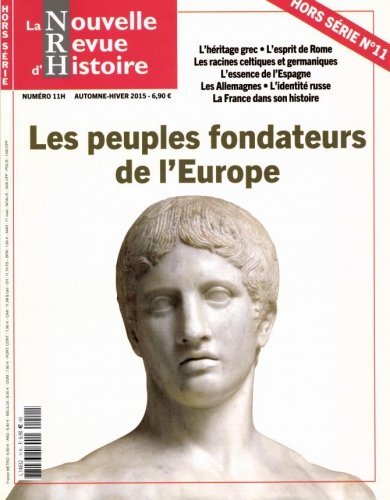

 del.icio.us
del.icio.us
 Digg
Digg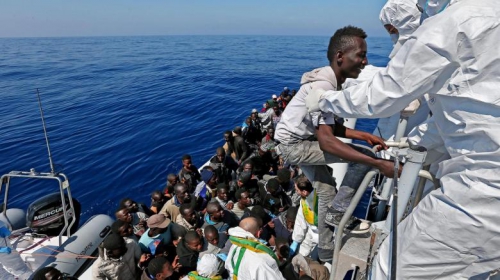
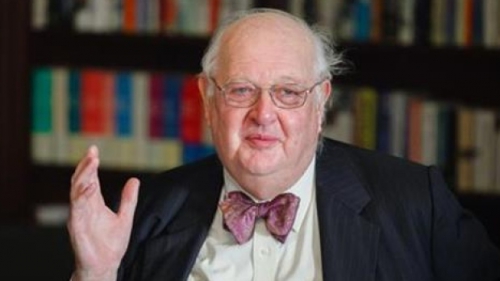
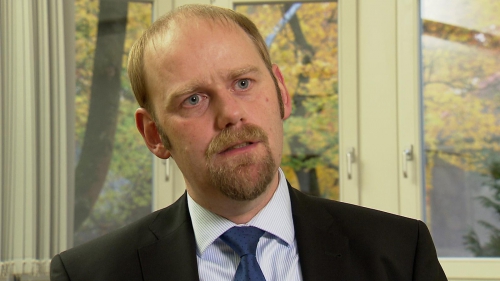

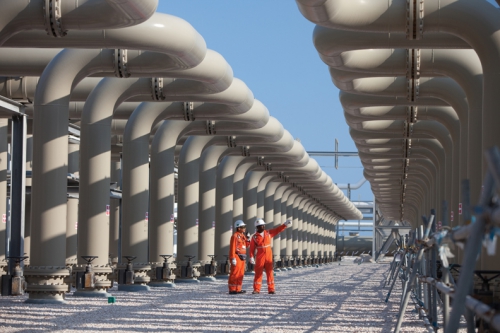
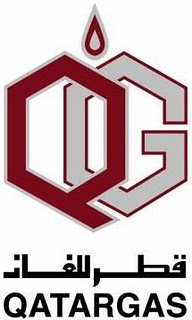 According to the Turkish parliament’s official press release regarding the natural gas agreement between BOTAS and Qatar Petroleum, Erdogan said, “As you know, Qatar Petroleum has had a bid to invest in LNG in Turkey for a long time. Due to the known developments in Turkey, they are studying what kind of steps they could take in LNG and LNG storage. We expressed that we viewed their study positively. As you know, both the private and public sector have LNG storage facilities. This one will be an investment between governments.”
According to the Turkish parliament’s official press release regarding the natural gas agreement between BOTAS and Qatar Petroleum, Erdogan said, “As you know, Qatar Petroleum has had a bid to invest in LNG in Turkey for a long time. Due to the known developments in Turkey, they are studying what kind of steps they could take in LNG and LNG storage. We expressed that we viewed their study positively. As you know, both the private and public sector have LNG storage facilities. This one will be an investment between governments.”